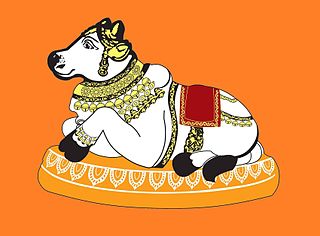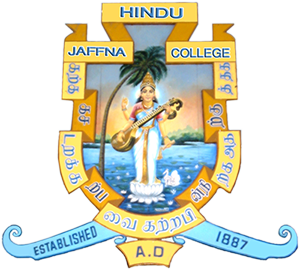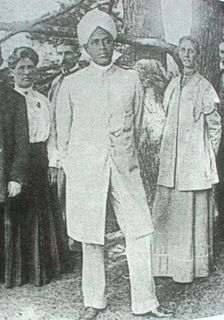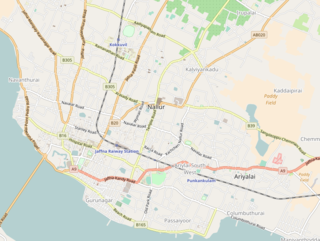| Parameshwara College பரமேஸ்வரா கல்லூரி | |
|---|---|
| Address | |
, | |
| Coordinates | 9°41′01.50″N80°01′24.20″E / 9.6837500°N 80.0233889°E Coordinates: 9°41′01.50″N80°01′24.20″E / 9.6837500°N 80.0233889°E |
| Information | |
| Founded | 1921 |
| Founder | P. Ramanathan |
| Closed | 1974 |
Parameshwara College (Tamil : பரமேஸ்வரா கல்லூரிParamēsvarā Kallūri) was one of the first Hindu schools in Ceylon (now Sri Lanka). It was founded by Sir P. Ramanathan in 1921. His idea was to make the school a university. It began as a teacher training school and later conducted classes for the London Matriculation and Cambridge exams. Later, it followed the S.S.C. Exam and University Entrance syllabus. This school was built on 36 acres (150,000 m2) of land with room for expansion; later a Sivan temple was built on the school compound for prayers. The school premises were taken over by the government in 1974 to make way for the newly created Jaffna Campus of the University of Sri Lanka (later University of Jaffna). [1] [2] The students and teachers who were attending the school were sent to nearby schools. The old building is still there as the entrance to the University of Jaffna.

Tamil is a Dravidian language predominantly spoken by the Tamil people of India and Sri Lanka, and by the Tamil diaspora, Sri Lankan Moors, Douglas, and Chindians. Tamil is an official language of two countries: Sri Lanka and Singapore and official language of the Indian state Tamil Nadu. It has official status in the Indian state of Tamil Nadu and the Indian Union Territory of Puducherry. It is used as one of the languages of education in Malaysia, along with English, Malay and Mandarin. Tamil is spoken by significant minorities in the four other South Indian states of Kerala, Karnataka, Andhra Pradesh and Telangana and the Union Territory of the Andaman and Nicobar Islands. It is one of the 22 scheduled languages of India.

Hinduism has a long tradition and is the oldest religion in Sri Lanka. More than 2000 years civilization have proved so far from Hindu temples in Sri Lanka. Hindus currently make up 12.60% of the Sri Lankan population, and are almost exclusively Tamils apart from small immigrant communities from India and Pakistan such as the Sindhis, Telugus and Malayalees. In the 1915 census they made up almost 25% of the population, which included the indentured labourers the British had brought. Due to emigration, today they are still a sizeable minority. Hinduism is dominant in the North and Eastern provinces, where there are predominantly Tamil people. Hinduism is also practised in the central regions as well as in the capital, Colombo. According to the government census of 2011, there are 2,554,606 Hindus in Sri Lanka constituting 12.6% of the country's population. During the Sri Lankan Civil War, many Tamils fled to other countries. There are Hindu temples abroad which were built by the Sri Lankan Tamil diaspora to maintain their religion, tradition and culture.

Sri Lanka, officially the Democratic Socialist Republic of Sri Lanka, is an island country in South Asia, located in the Indian Ocean to the southwest of the Bay of Bengal and to the southeast of the Arabian Sea. The island is geographically separated from the Indian subcontinent by the Gulf of Mannar and the Palk Strait. The legislative capital, Sri Jayawardenepura Kotte, is a suburb of the commercial capital and largest city, Colombo.










